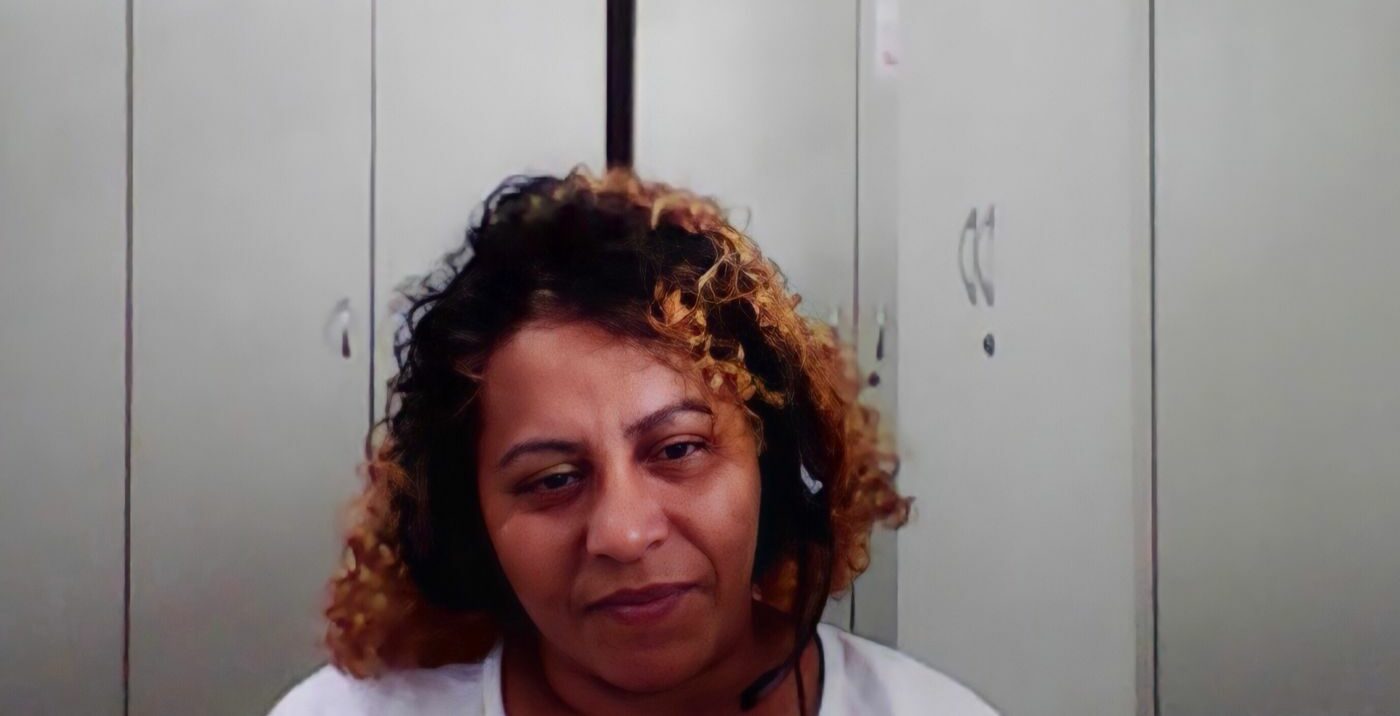Three million Brazilians do not have a birth certificate or any civil identification. Without these documents, you can’t have an identity card or CPF (Social Security), access to public health, education or any government assistance programs. The birth certificate is, above all, a guarantee of access to citizenship.
One of these cases is that of Carla Regina, 38 years old, member of the Cuxá Social Cooperative, incubated by the Humanitas360 Institute at São Luís Women ‘s Prison Unit in Maranhão. She never had her birth certificate issued and lived only with her baptismal document. As a consequence, her children were also not registered. The lack of records, by the way, predates Carla’s situation: two of her siblings are registered under her maternal grandmother’s name; her mother and other siblings only obtained a birth certificate as an adult, through a social action carried out in the city of Araioses, also in Maranhão. Her father lost his documents in a fire and struggles to this day to reissue them. At that time, Carla still did not have the baptism records in hand and could not be registered. Her documents could only be issued by a Court Order which she could not afford.
Upon arriving at Cooperative Cuxá supported by H360, where she works today, Carla learned to sew and embroider, but because she did not have a birth certificate, she was removed by the establishment’s management. She was already facing problems due to her lack of documentation before her sentence. She never had an official job and never attended regular school. Her only access to education was through an institution that taught adults and seniors to read and write, where she stayed for only 2 months. She also couldn’t get healthcare in the Basic Health Units (UBS). She only had access to private doctors using one of her sisters’ documents who was registered by her grandmother.
The story has a happy ending: Carla can finally have her birth certificate issued. The Humanitas360 Institute and the Public Defender’s Office of Maranhão – through the psychosocial nucleus of the Penal Execution Nucleus (search and analysis of documents needed to file the lawsuit) and the Public Defenders of the Public Records Nucleus, with the support of the social service of the Women’s Prison Unit of São Luís/MA – made this process possible, which is underway and will be followed until the final decision, to make registration possible.
So now, soon, she will gain the progression of ⅛ of her sentence, a benefit granted by the judge who sentenced her. He believes that because of her good behavior in prison, her life and that of her children can improve, thanks to the issuance of her documents. Carla will be able to register her children, who also lived only with the baptistry and were able to access school, but not basic health care. “God willing, even my children will be able to take their vaccines”.
In an interview, she referred to Humanitas360 Institute and the cooperative with gratitude: “I’ve always liked it here, it’s a calm place. For me, this is the best place. I have to thank you, thank you so much.”





